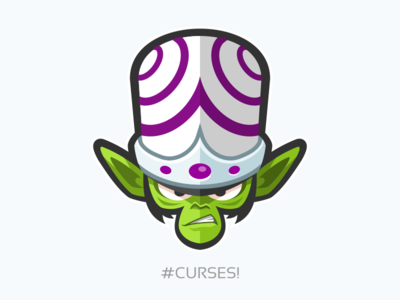Before sitting for any company, focus on your resume. Your resume is a one-page representation of yourself. People will mostly not read it but in case they do be prepared to show yourself in the best light. Additionally, look at the long-term benefits of creating a good resume. When and if you have to apply for off-campus jobs or internships, you’ll be asked to submit your resume first and will be shortlisted based on that. A resume consists of, but is not limited to the following things ,
Personal information
Add only what is necessary. Your name, phone number and email are enough. Anything else they can reach out and ask. Don’t waste space. As a fresher, you only have one page to make the most of.
Academics
A rule of thumb is to only go back as far as the last 2 places you studied, only if done back to back. For example, as a college student, you can list your 12th percentage (Not as marks, because fewer numbers on your resume makes for a cleaner read) as well as your UG GPA till your most recent marksheet. When listing your details, make sure you list the name of your school, years attended, major if any, and GPA.
Skill Set
Do not mention soft skills like “leadership qualities”, “dedicated” or “punctual”. Instead, show off your technical skills. List software that you’re experienced with like Github, Matlab and Photoshop. List the technical languages you know. If you know multiple languages, like Hindi or Tamil or French, add them here.
Experience
You can use this space to list out any relevant internships here. This includes research internships and corporate internships. List out the company and write a few lines about the work you did. Mention the language and platform your worked with.
Projects
Add the title of the projects you’ve done, language and a one-line description. You’ve probably done a couple of projects and between me and you, some of them aren’t exactly “projects”. Only mention projects that you can back up and explain if asked. If someone reads your resume, they’ll definitely ask theoretical and application-oriented questions about your project. Worked with databases? Draw your schema and write out a few queries. Did a project based on NLP? Which algorithm did you use and why?
Responsibilities
This is where you can really distinguish yourself from the rest. Ran for student body president? Organized an event? Did something for a good cause? Add it here. Everyone has done the same degree and same projects but no one else would have done what you’ve done in an extra-curricular field. Use it to play to your strengths.
Awards
Scholarships? Grants? Won an event related to the field you’re applying to? Mention it here. Add a brief explanation of the event if necessary. However, do not quote anything from school.
General Tips for Resumes
- Use a non-standard template. Create one if possible. Make it look visually appealing but concise. You’ll stand out amongst the millions of templates used and that often makes the difference.
- Never quote anything before 12th. It makes it seem as though you didn’t do anything in college and you’re grasping at straws. But if you have no choice, then only mention relevant details.
- Use formatting and punctuation properly.
- Use title case for titles (it’s called title case for a reason) and Sentence case for descriptions. No caps. Avoid using bold and italics as far as possible.
- Get your resume checked by multiple people for errors.
- Do not say “I hereby declare that the above details are true to my knowledge” and sign at the bottom. It’s not really necessary.
- Don’t attach your photo unless asked to, but always carry a couple on hand just in case.
- With regard to areas of interest, it’s a safe bet to just not add it. When asked in the interview, research the company and specify. Else, Data structures and AI are always a safe bet since that’s pretty generic.
- Once you are completely done with your resume, study it. I’m serious. Go through your projects, go over what you want to highlight when asked about your extra curriculars and internships. Rehearse what you’re going to say to some extent.
- Lastly, invest in a good stick file. Call me superstitious, but green and blue stick files seem to work out better than red, orange and yellow ones.
Note from SK
This article was contributed by Keerthana Chellappan , who was my senior in CEG. She was the President of ‘The Guindy Times’ (Official campus magazine of CEG) during her final year.
KC recommends creating your own resume from the scratch. But if you don’t know where to start , then Overleaf and ShareLatex(soon to be Overleaf V2) provides some beautiful templates to start with. Explore them :)
Thanks for reading!
comments powered by Disqus